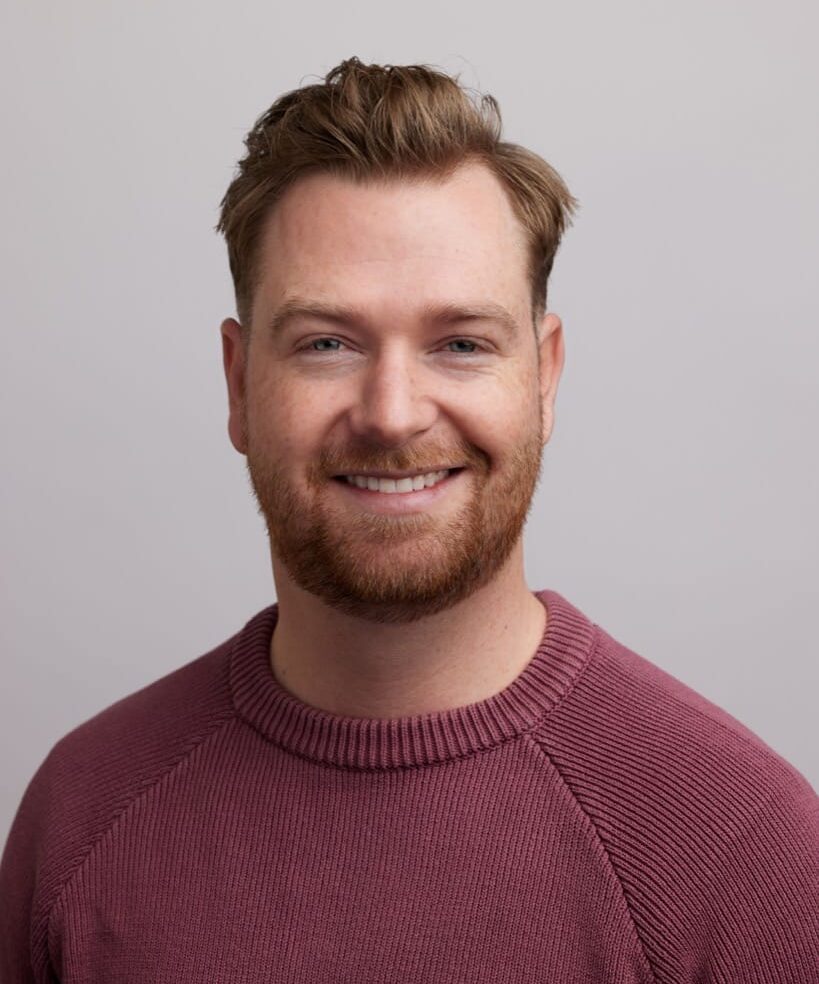My favorite Bradley Cooper movie is either A Star is Born or Silver Linings Playbook. Although, I do think he does a surprisingly good job as Groot in all the Marvel movies as well. The first Guardians of the Galaxy movie, which came out 10 years ago now, remains an underrated classic.
However, before Bradley Cooper starred in all of these blockbuster movies and before becoming a major Hollywood director, he was simply a young actor looking to take any job he could get.
In an interview with Hollywood insider Krista Smith, Bradley spoke about the beginning of his career when he would take every small and insignificant job. The jobs were so small they seemed to hardly alter his career trajectory. Still, he showed up each time with “an insane amount of energy, focus, hard work, and gratitude.”
He continued:
“I don’t know any career that’s just like that [makes a motion of a fast upward trajectory].
If you consistently maintain energy, focus, hard work, and gratitude no matter how small the role or whatever, you’ll get where you want to go.
It’s all about it not working until it does. And people looking past you until they don’t.”
Well, contrary to what Bradley Cooper said in that interview, I think there are quite a few careers and many aspects of life that operate just as he describes. In the beginning, progress is slow, almost imperceptible. Then, given enough time, results come all at once.
In general, there is a compounding effect that occurs when you stick with something for an extended period of time.
Morgan Housel has written about the value of staying put:
“What’s easy to overlook is that networks and trust compound like any other asset, and every time you switch jobs or careers you reset the clock to some degree.
Most people would never consider marrying a partner until they’ve dated for at least a year, maybe five, because it takes that long to grasp what a person is or isn’t capable of beyond their surface-level resume. But those same people expect their employers and coworkers to give them full respect, autonomy, and confidence from the start. It rarely happens. Trust has to be earned…
Most of the time you see someone do something incredible, with what seems like little effort, and you ask ‘How did you do that?’, the honest answer is, ‘I’ve been doing this every day for 10+ years.’ Noticing patterns and connecting the subtle dots is something that’s hard to teach in a classroom but becomes obvious when you’ve lived and breathed a field for decades.
All of that breaks down when you move to a new field or a new company. The shiny allure of new overrides the quiet power of compounding in a way that’s easy to overlook.”
Perhaps in no other domain is this concept more evident than in investing.
Here’s an example:
Let’s say you started investing $1,000 a month when you were 30. Given a 10% annual rate of return, at age 60 you’d have accumulated over $2.2 million. Pretty awesome.
Now, using those same numbers, let’s say you decided to stop investing at 50 instead of 60. After all, 20 long years of consistent investing feels like it should be sufficient. But that’s not the case. At age 50 you’d only have accumulated $766,000.
Here’s a graph of what the growth would look like:

You can see that the last 10 years are where all the magic happens.
Conversely, if you were to continue investing an additional ten years until age 70, you’d have increased your balance to a whopping $6.4 million.
While compound interest is amazing, many fail to reap the rewards of it because of the time and patience it requires.
It requires time and patience because the majority of the gains from compounding come at the end. Building wealth through compound interest is the exact opposite of getting-rich-quick.
It doesn’t feel like it’s working until it does.
I’ll end with a story from Billy Oppenheimer’s recent newsletter.
During a summer lacrosse camp, the legendary coach Tony Seaman stood up to address the kids at the camp.
“Who here wants to play at a Division 1 school?”
Of course, every kid raised their hand.
“I’ll tell you how to do it. On top of that, I’ll tell you how to get a full scholarship and play at the college of your choice.
It’s a simple formula. From this day forward you have to shoot a hundred shots a day. That’s it. You shoot a hundred shots a day from now through your senior year of high school and I guarantee you’ll get a scholarship.
But here’s the caveat…. you can’t miss a day. Even if it’s a holiday, the weather is bad, or you’re on vacation—you can’t miss a day.”
In the audience was a young boy named Paul Rabil, who eventually grew up to write a book about this experience. Rabil says he left that camp and did exactly what Coach Seaman had said. Every single day, rain or shine, he practiced. Everywhere he went he would take one hundred shots on goal every day. And he did it for almost twenty years.
And just as Coach Seaman had promised, he was offered a full scholarship to over a dozen universities.
“Whatever the reps are in your sport, in your business, in your chosen field, you do them. And there is only one caveat: You can’t miss a day.”
There’s a savings and investment lesson in there somewhere.
Thanks for reading!

Jake Elm, CFP® is a financial advisor at Dentist Advisors. Jake a graduate of Utah Valley University’s nationally ranked Personal Financial Planning program. As a financial advisor at Dentist Advisors, he provides dentists with fiduciary guidance related to investments, debt, savings, taxes, and insurance. Learn more about Jake.

